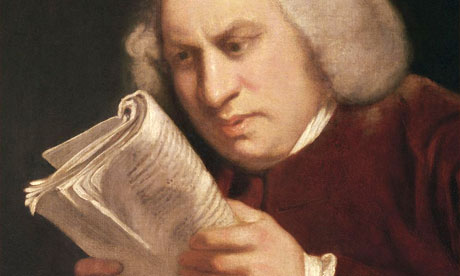Many argue that a mother's love is the most pure and everlasting of them all. In some way or another I'm sure we all have come across little tidbits of affection from our mothers. Whether it is a small gesture such as a hug, or even a preparation of your favorite meal. For me it would certainly be strange growing up without a caring mother, let alone not having one. However there is no denying that a being a mother plays a significant role not only in the child's life, but on the woman as well. The Awakening explore not only this bond but the role of a woman as the ideal mother.

As stated before a mother's love may differ depending on the woman. Early on Chopin presents us with two characters that quickly appear to be foils of one another: Edna Pontellier and Adele Ratignolle. On the surface both of these women live somewhat similar lifestyles. Both are middle-upper class women appearing to be vacationing on the Grand Isle, have seemingly successful husbands, and are mothers to multiple children. However a person cannot be described simply by their lifestyle, and as such as one begins to go deeper, several differences can be noted between the two women.
When both characters are introduced their certainly is a difference regarding their physical appearance, at least under Chopin's description. Mrs. Pontellier is introduced as being "rather handsome than beautiful" as well as having a face "captivating by reason of a certain frankness". When a woman is described as handsome instead of beautiful, one can interpret her to have somewhat masculine demeanor. However what strikes me the most is the way she is described as a person. Judging by this one may interpret her as being more thoughtful and complex emotionally than other characters, seeing how she is often lost in thought, staring endlessly at the horizon. Mrs. Ratignolle on the other hand, is presented as an almost otherworldly being of desire, described as being "the bygone heroine of romance and the fair lady of our dreams." This description certainly differs from Mrs. Pontellier, who is described in a more subtle manner, akin to her facial features.
These characters differ from one another not only in appearance but in their roles as mothers. In the Pontellier family it may seem as if the one who is really taking care of the children is Mr. Pontellier. Considering the novel's historical setting, it may seem odd that the father is the one who looks after the boys. The book takes place during the late 19th century, a period where most women were expected to marry, and raise families. They saw their important role as being to exercise an influence for good over husband and children. While caring for a home and family was hard work for a poor woman, a relatively wealthy woman would have servants to do much of the work, and would often be able to devote a lot of time to her own interests. However it is only Mrs. Pontellier that seems to be restrained under this role, leaving her children under the care of their nurse while she focuses on other hobbies, such as painting. Mrs. Ratignolle on the other hand presents herself as the ideal mother, juxtaposing directly with the former. While Mrs. Pontellier seems to lack attention towards her children, Ratignolle more than makes up for it with her utter devotion towards her three children. This adoration goes to the extent of painstakingly knitting her children full body winter outfits in the middle of summer. Taking this in consideration it is no wonder Mr. Pontellier is worried regarding his wife's role as a mother.
At first glance it may appear as if Mrs. Pontellier is rather careless and uninterested when it comes to her children. However I believe that her behavior is not her fault, but rather due to her inexperience as a mother, considering how they were raised under the watchful eye of a nanny. In the following passage one can get a grasp on the lifestyle of the Pontellier boys:
"If one of the little Pontellier boys took a tumble whilst at play, he was not apt to rush crying to his mother’s arms for comfort; he would more likely pick himself up, wipe the water out of his eves and the sand out of his mouth, and go on playing. Tots as they were, they pulled together and stood their ground in childish battles with doubled fists and uplifted voices, which usually prevailed against the other mother-tots. The quadroon nurse was looked upon as a huge encumbrance, only good to button up waists and panties and to brush and part hair; since it seemed to be a law of society that hair must be parted and brushed. (Pg 25)."
Judging from the boys' behavior, one can assume that the two boys were raised in such a way that they learned to be independent. From this paragraph one can also comprehend that the boys, much like their mother are forced to live under the constant restraints placed on them by society, evidenced by the fact that they are combed and dressed accordingly to their society. I can assimilate with the boys behavior, considering that I grew up in an environment where both parents were at work. As a result both my sister and I were under constant care of not one, but two nurses. I however disliked being raised by a relatively unknown woman and began to act independently, rarely asking for help. In this sense I believe that it is not Mrs. Pontellier's fault she appears uninterested, but rather an unforeseen consequence of the laws placed upon her by society.






